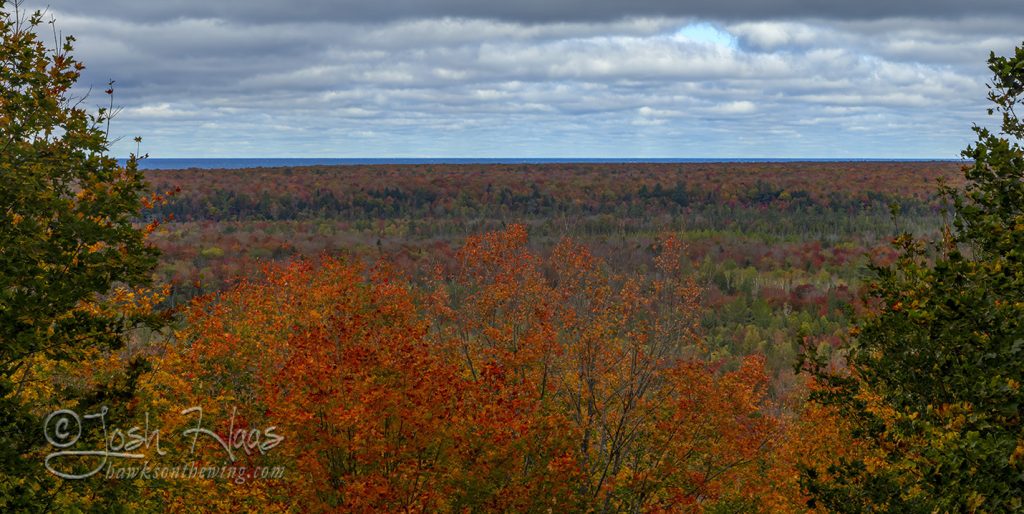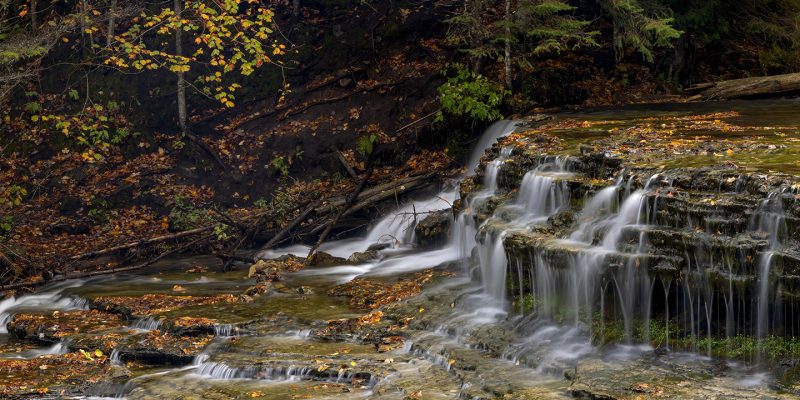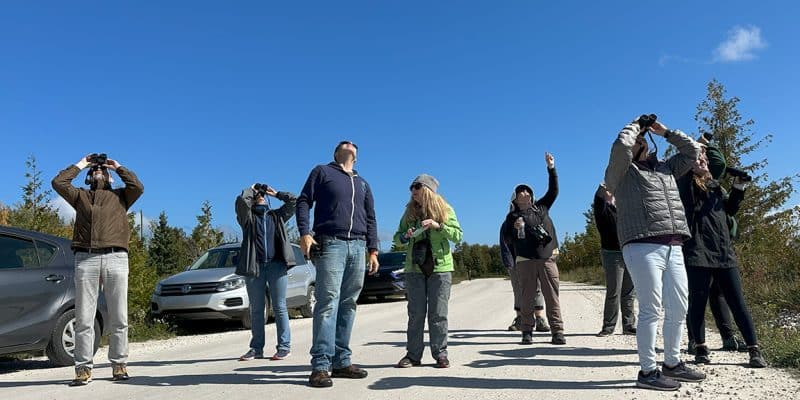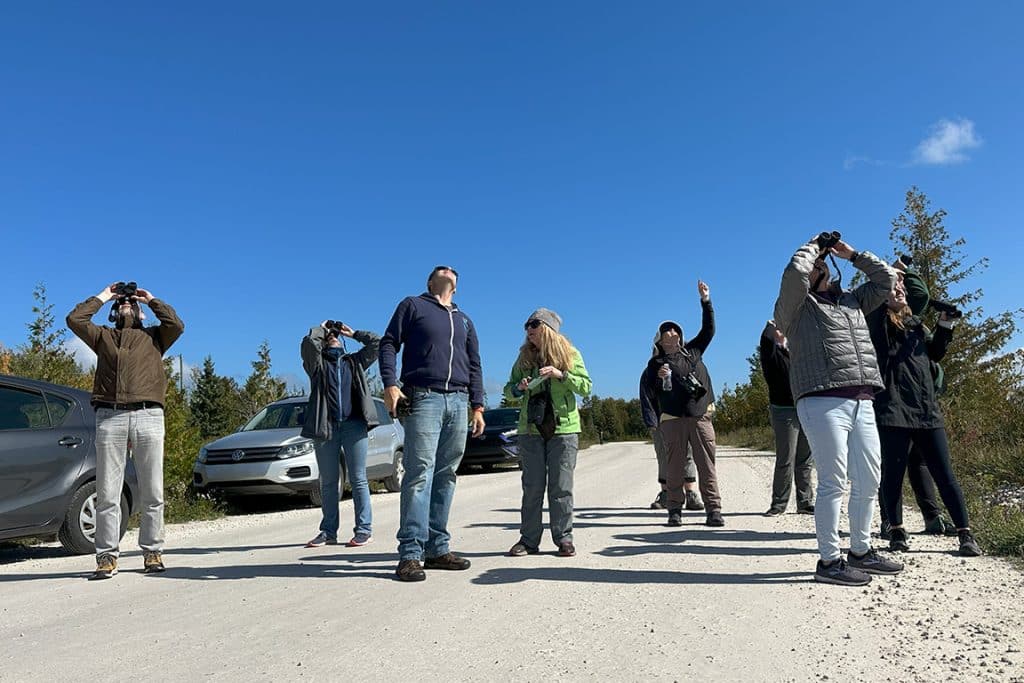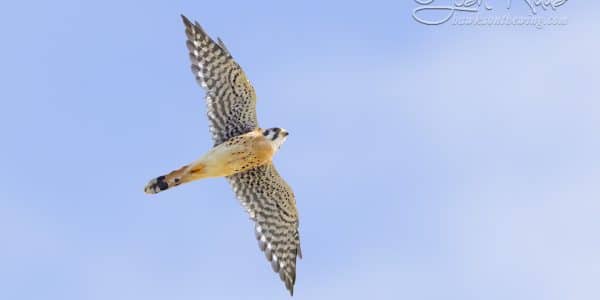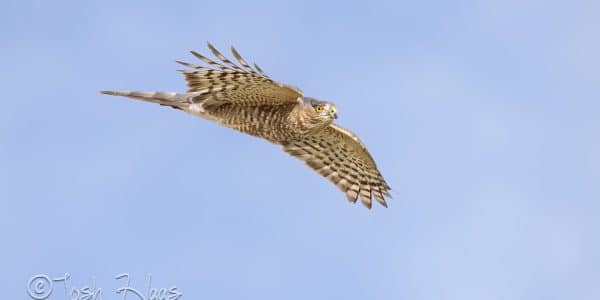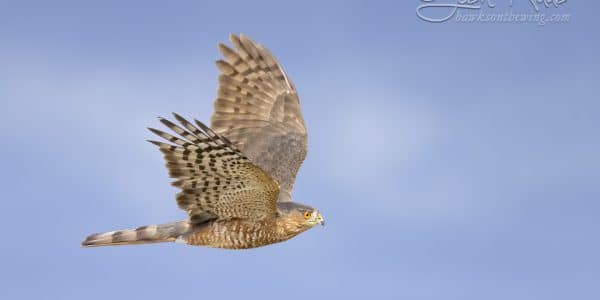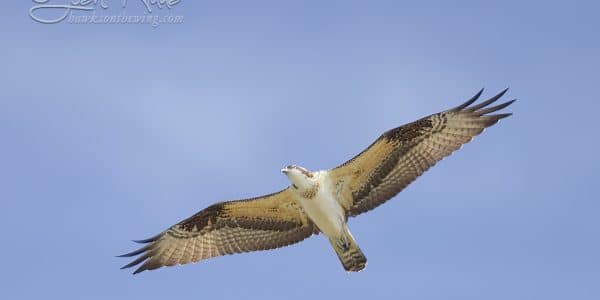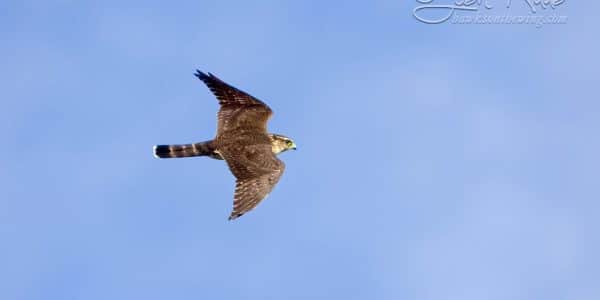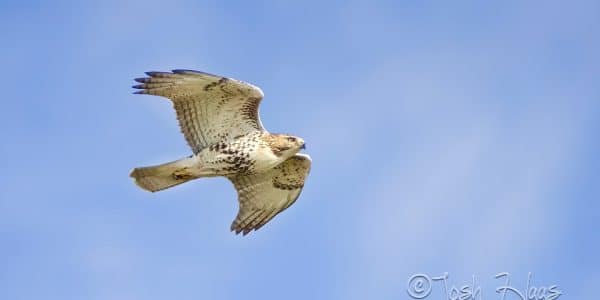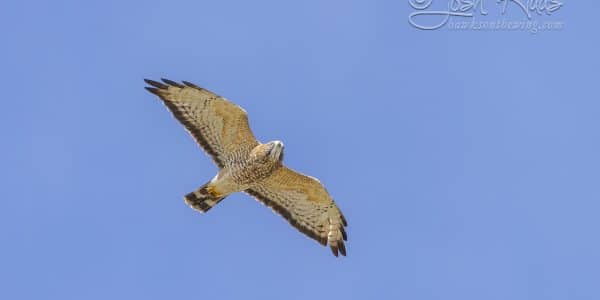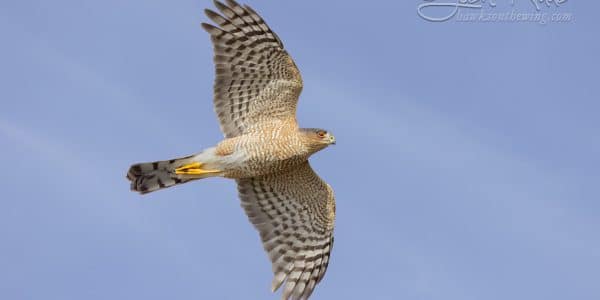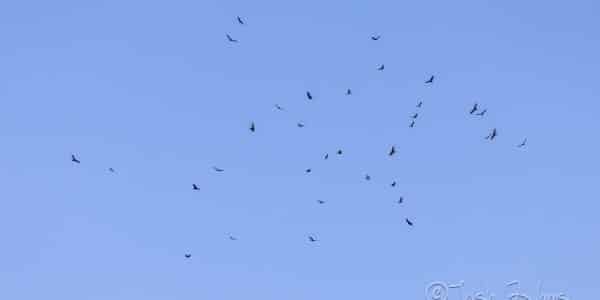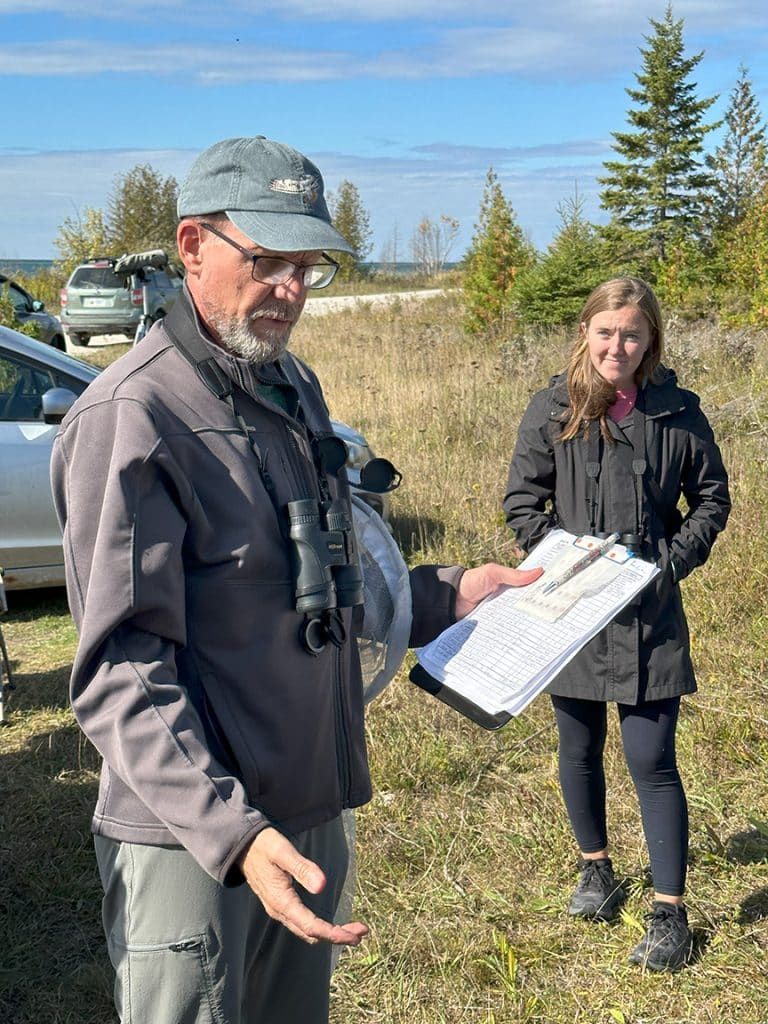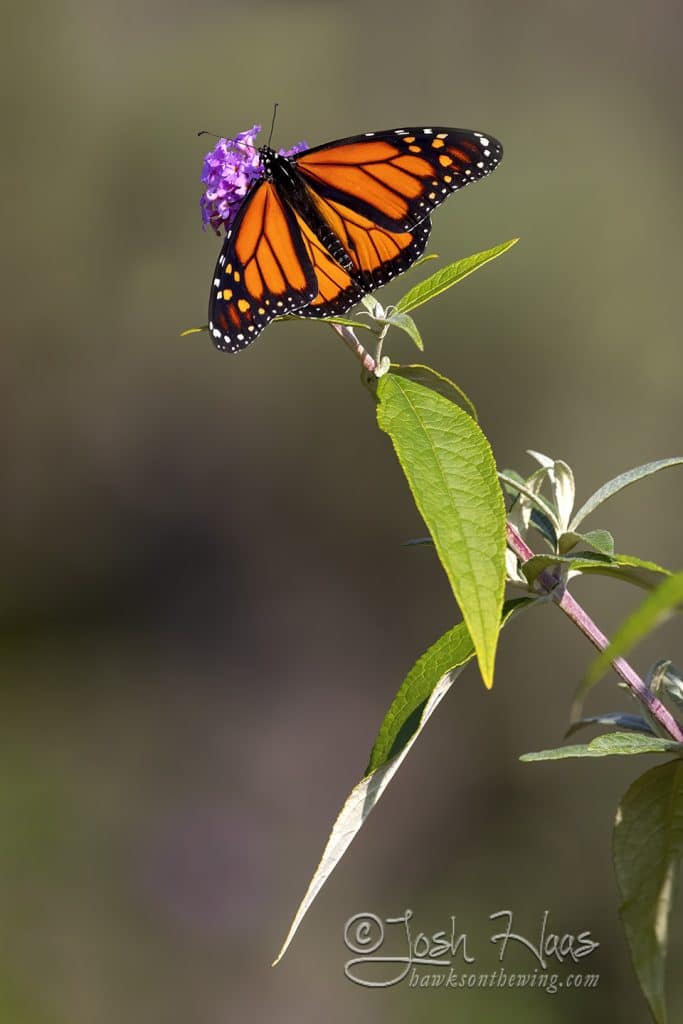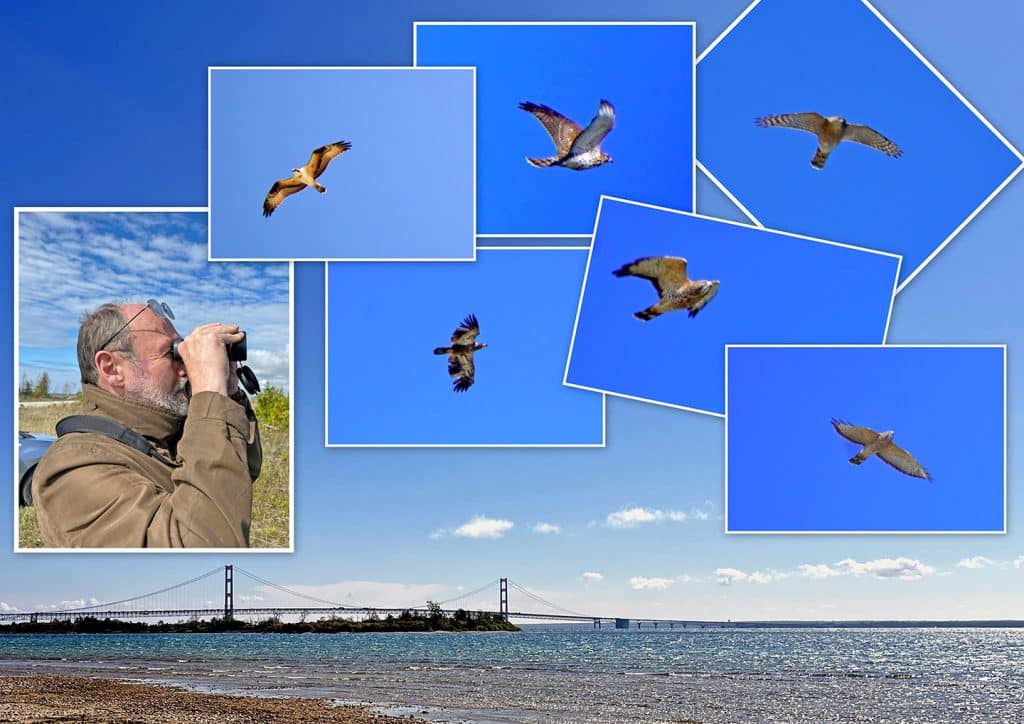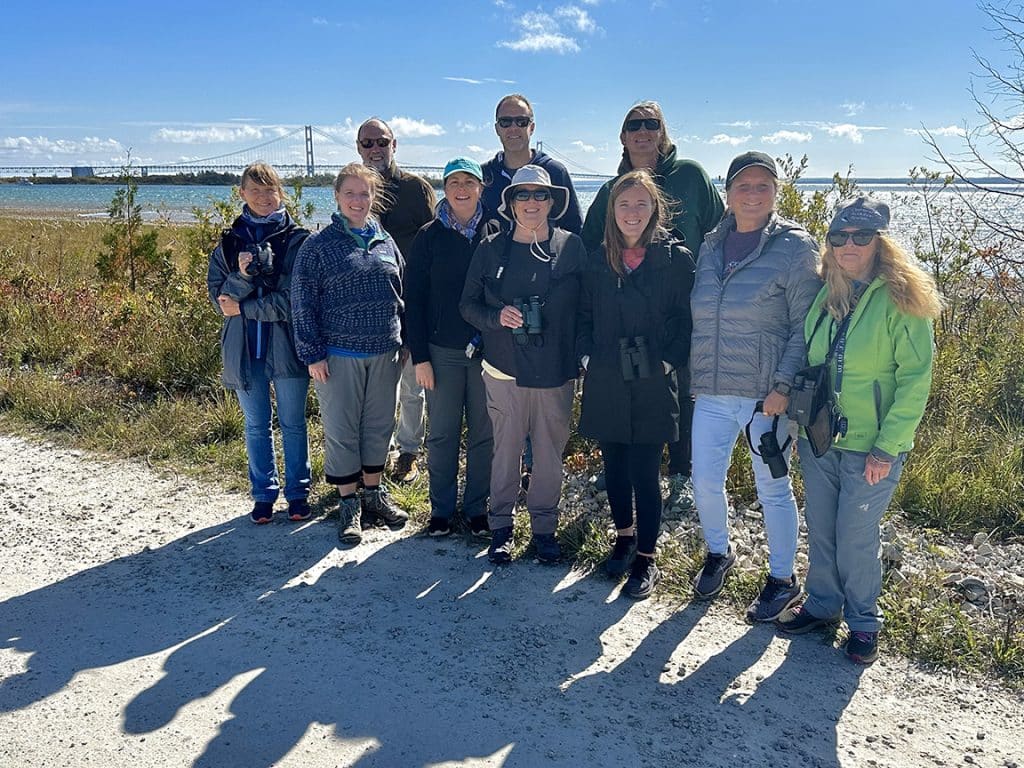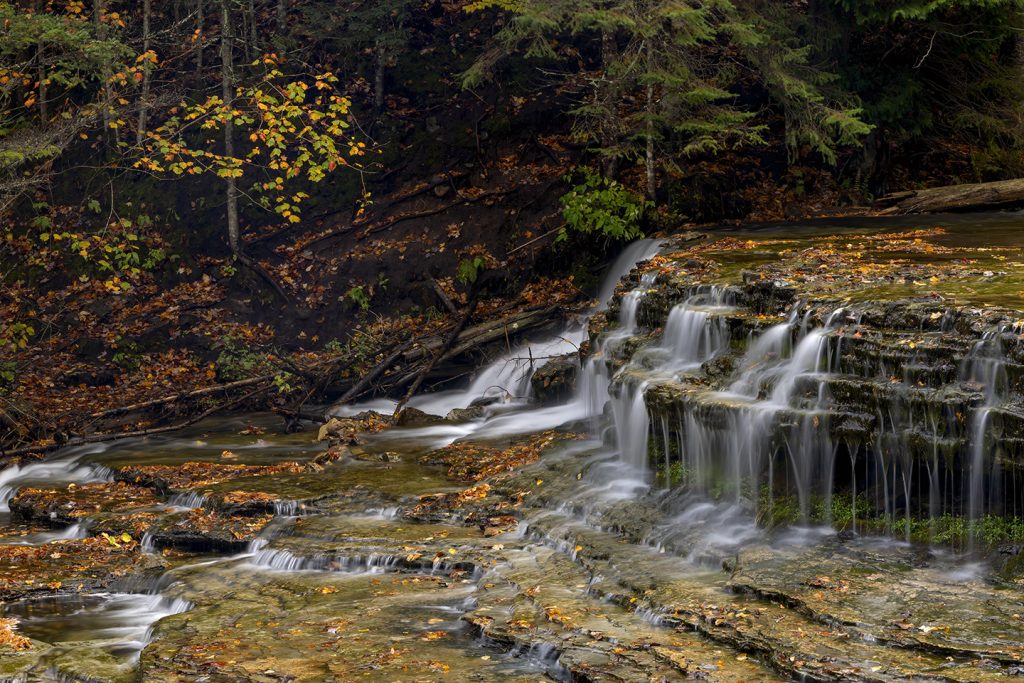
My final tour of 2023 focused on fall color and macro opportunities in Michigan’s beautiful upper peninsula. Our small group of intrepid color chasers assembled and car-pooled North, enjoying the build-up of color as we approached the famed Mackinac Bridge; one of Michigan’s most iconic features. It was a mixed group of color chasers chasing stunning views and photographers chasing stunning images with the secondary goal of learning photographic techniques.
Our first color stop included the North Cut River Bridge along Hwy-2. This beautiful area features a valley with moving water below and beautiful foliage looking to the North. The cantilevered steel bridge itself is a wonder to experience with stairs and trails that offer access on, around and under the structure. After taking in the views from our first stop, we finished our drive and arrived to our house on Lake Powell, just south of Munising, MI. Evolving these tours to a single lodging environment allows the group to spend more time together. Everyone had their own private space but the living and dining area proved very beneficial.
Waking up refreshed, we enjoyed a homemade breakfast and made our way to our first waterfalls; Munising and Wagner Falls. These falls are among the easiest to access and most iconic in the area. Recent rains also provided greater water flow which made them especially photogenic. For our less photography-minded participants, I was even able to teach how to take their phone photography up a level. Either way, some in our group had previously viewed these falls but agreed they looked different. As with everything in nature, things change and evolve.
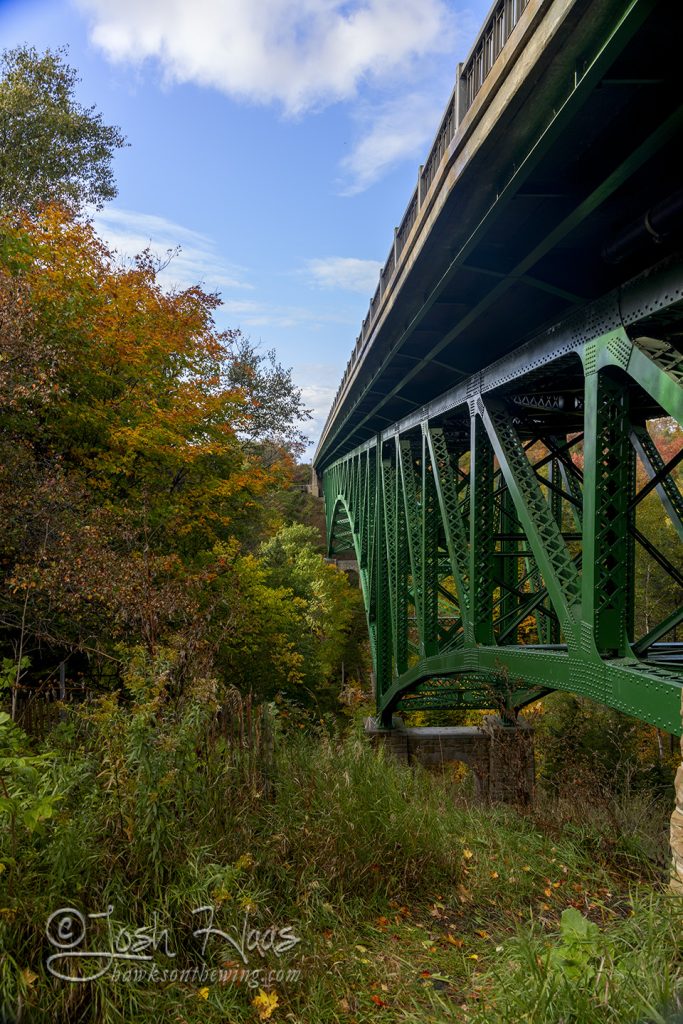
Wagner Falls was especially different due to more fallen trees changing the flow of water and causing some distraction. This was a perfect example to show how thinking creatively about composition and isolating only certain areas of a scene can be a smart plan-b. Our plan-b ended up including some nice bits of color which was placed well compositionally alongside the waterfall.
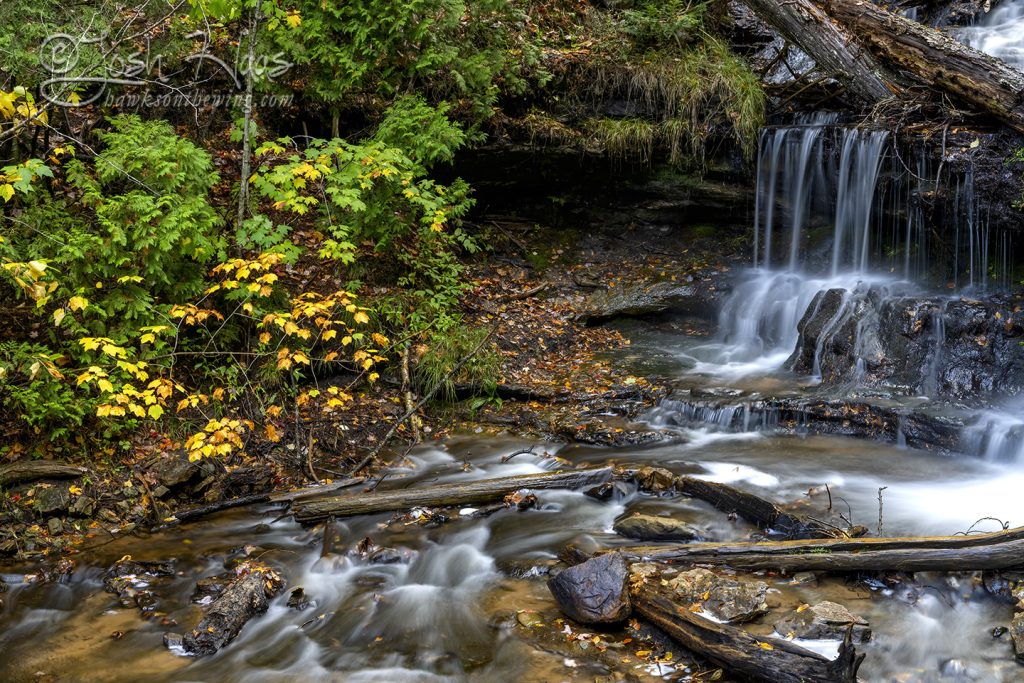
Our last area for the day included the AuTrain river which offered waterfalls and smaller opportunities before we made a stop along Michigan’s big sea, Gitche Gumee. High winds are not a photographer’s best friend for long exposure waterfall techniques, however high winds out of the North stirred Lake Superior to an oceanic scale.
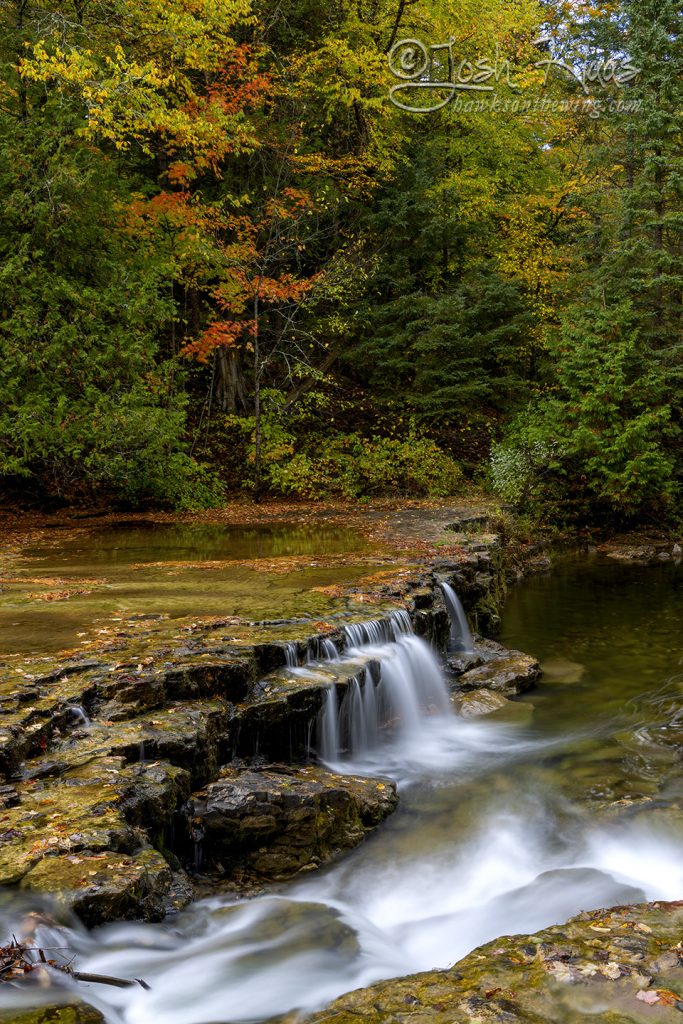
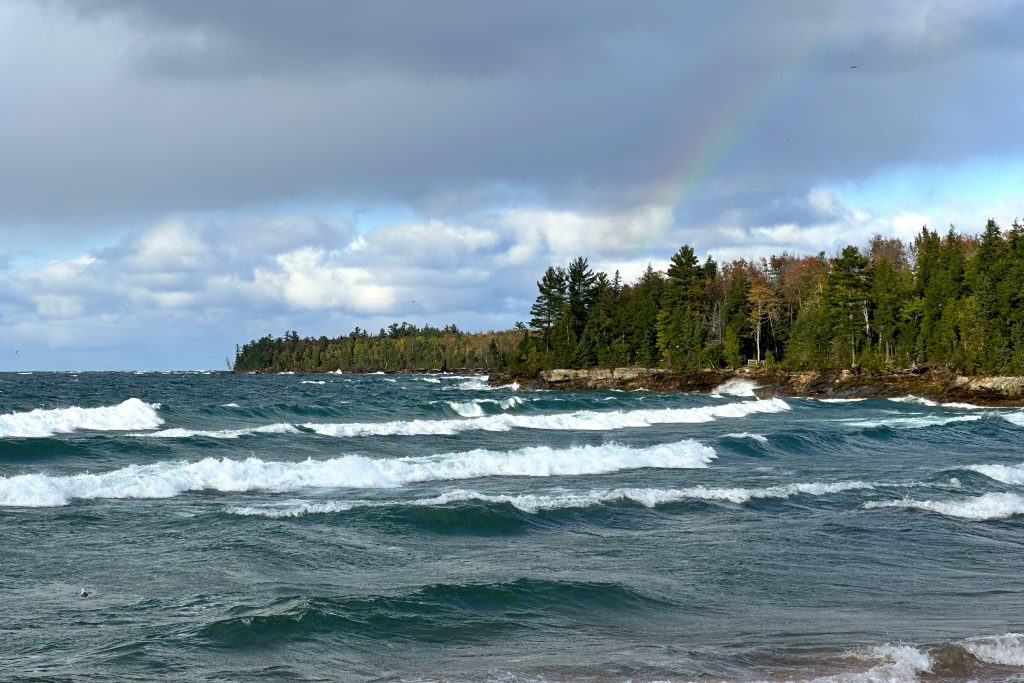
For our third day, we drove East; deeper into the Pictured Rocks lakeshore. The color was good but also somewhat spotty. My goal was to drive the entire length to the Grand Marais side and begin with the impressive Sable Falls. By driving through first, it gave us a chance to scout some of the better areas of color and then make stops as we traveled back to the West. Sable Falls was a mini-adventure in itself, given the 168 stairs down to the main viewing area. The sign reminded us it’s not just going down, we had the 168 stairs to come back up as well! I worked with participants on capturing the light, waterfall techniques as well as composition, especially noting the times when going vertical (portrait) should be considered. Photographer Liz Clark even captured a short video of this beautiful slice of nature. She loved the three-tiered flow of water flowing over the rocks. It was a great example of looking for art in nature.
Sable Falls Video, (c) Liz Clark
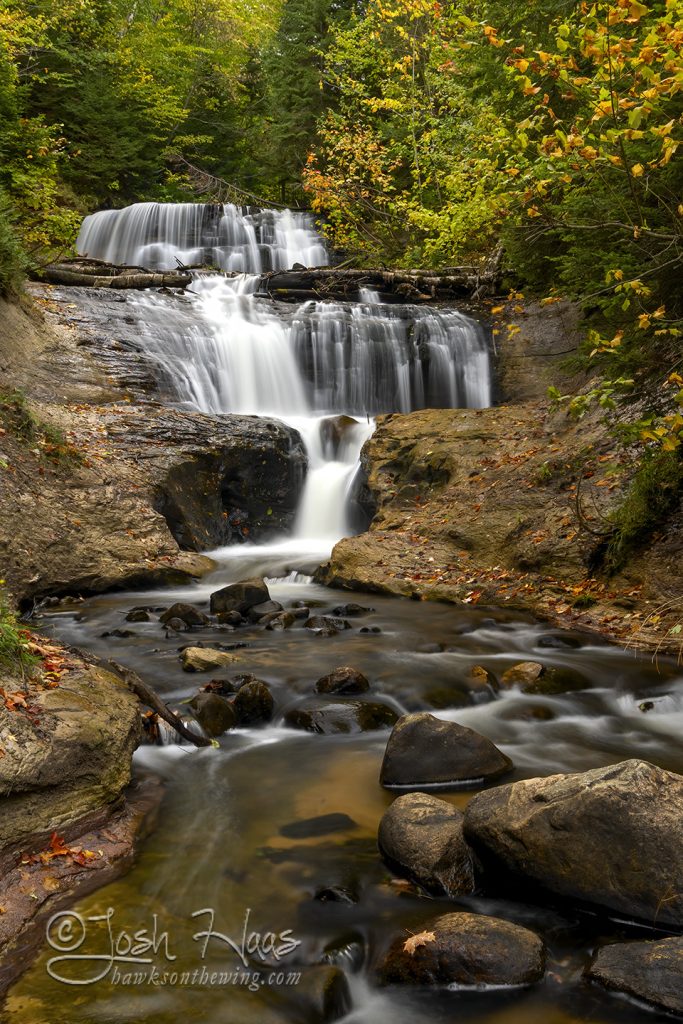
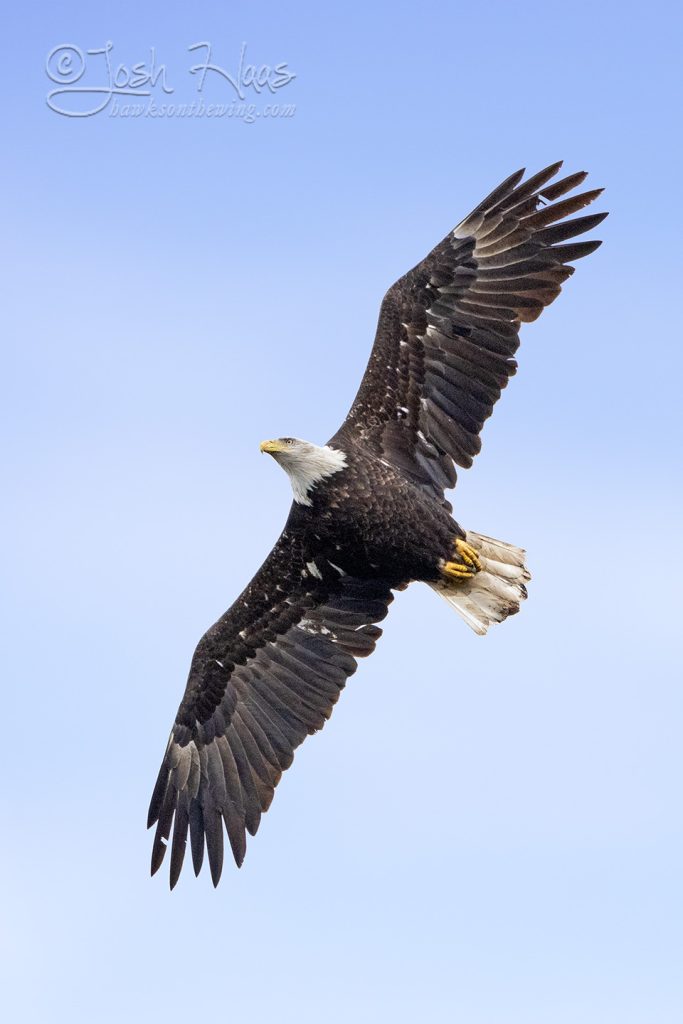
We chose the Beaver Basin area for our color stop on the way back to Munising. This was a slight departure from the waterfalls we had been working so far. With an expansive vista view, the group loved seeing a vast blanket of color and even Lake Superior in the distance. We finished the afternoon enjoying some local coffee and ice cream before returning to home base. Some took advantage of some well-earned rest and a few of us sauntered off to a park nearby called the Robert McQuisten Recreation Area. The beautifully maintained boardwalks rewarded us with dandy views of two Bald Eagles as we traversed the forest and wetland.
Each area we visited on this tour provided ample time for viewing and photographing the main events but also proved great for exploring and finding as many other unique opportunities as possible. As we headed South we even made a side trip in the lower peninsula to the famed Dead Man’s Hill overlook, another vista view. The Grayling and Gaylord areas are often rich with color at the same time as the central upper peninsula.
This group did a wonderful job pushing themselves to learn, be active outdoors and move forward with a sense of adventure. Looking ahead to 2024, there will definitely be both birding adventures and photographic endeavors to come.
